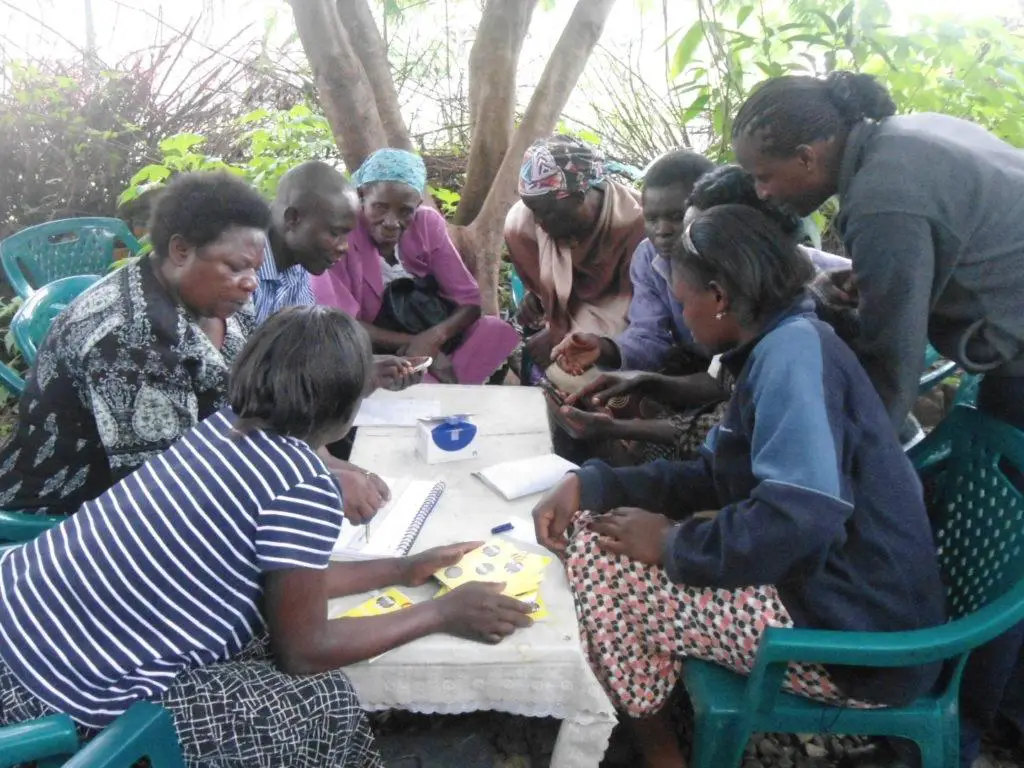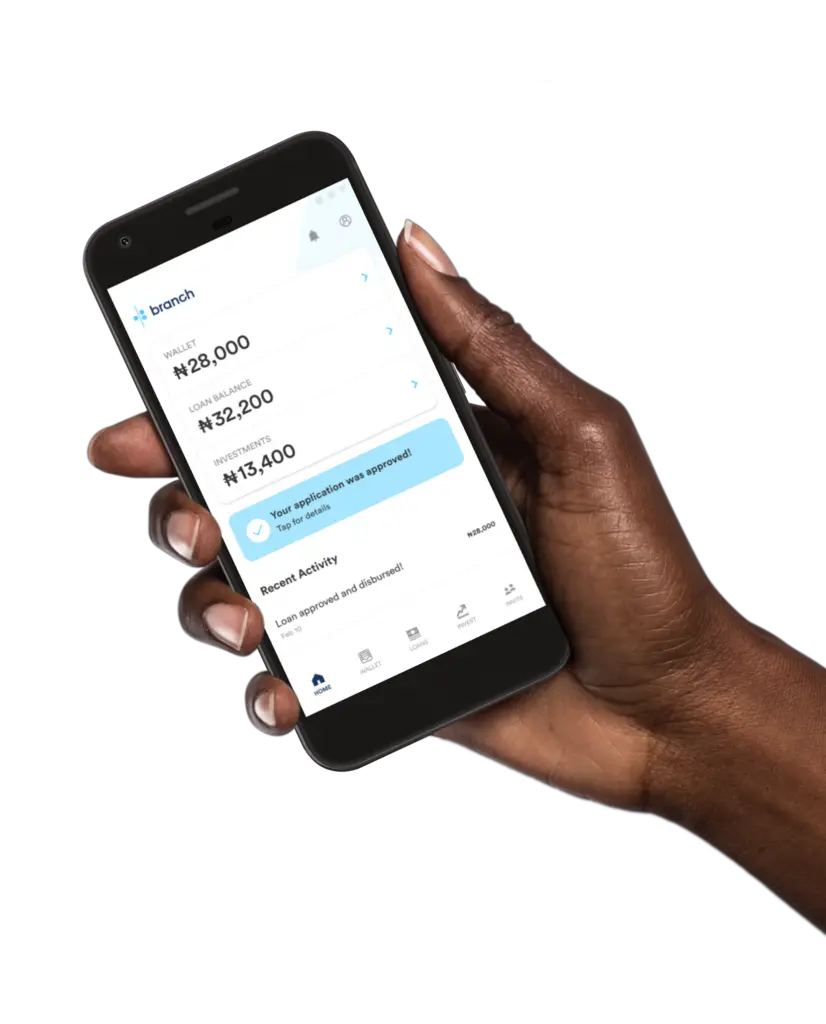- Agribusiness could drive Africa’s economic prosperity
- Dawood Al Shezawi: Why AIM Congress 2024 is the epicenter of global economic and cultural dialogues
- d.light’s 600,000 cookstoves project verified as top source of quality carbon credits
- Artificial intelligence (AI) could create a turning point for financial inclusion in Africa
- AIM Congress 2024: Catalysing global investments with awards
- Kenya’s economic resurgence in 2024
- The most stressful cities to live in 2024 exposed
- Tech ventures can now apply for the Africa Tech Summit London Investment Showcase
Browsing: Digital Lending
Most Kenyans, 83 per cent, indicated a willingness to increase the amount of money they allocate to savings and investments, but the inability to save due to insufficient funds after fulfilling their obligations that require regular funding and the availability of quick digital loans.
Among their obligations which contribute to Kenyans’ financial strain is supporting their extended family which considerably bites into their savings. 84 per cent of people indicated that they regularly provide some income to their extended family, mostly in case of emergencies, because they feel a sense of obligation to send their extended families money and because their extended family members treat them better when they are sent money.
On their part, the extended family members mostly use the money to cater to recurring expenses like food & transport, school fees and medical expenses at 23 per cent, 19 per cent and 18 per cent respectively. Farm-related …
This comes after the National Treasury exempted the digital lender from a law limiting individual shareholding in microfinance to 25 per cent.
In a gazette notice signed by the Cabinet Secretary National Treasury, Ukur Yatani, the San-Francisco based fintech has been exempted from Section 19 of the Microfinance Act (for 4 years through 2025).
Currently, individuals or single entities are barred from holding more than a 25 per cent stake in a microfinance institution.…
Most Kenyans turn to digital lending platforms first when looking for sources of credit to fund the growth of small businesses, a new report has said.
The State of Digital Lending in Kenya Report 2021 by consumer intelligence firm ReelAnalytics shows that most Kenyans would seek business growth loans from sources such as close family members in the absence of digital lending platforms.
However, the report further finds that borrowing within family circles is less convenient, as loan accessibility is usually unpredictable.
Respondents also state that family funding is also much less compared to sources like digital lenders.
“Majority (over 60percent) of customers are satisfied with the services of digital lenders and that there really are not strong formal or institutional alternatives to digital lenders,” said the report.
Forty per cent of Kenyans interviewed in the report said they would borrow from relatives as their prime alternative to digital lenders …
Kenya-based Software Group has partnered with BRAC Uganda Bank Ltd. (BRAC) to rollout market-leading agency banking digital platform.
Software Group’s technology will support the bank’s plans to extend its outreach to under-served areas through agency banking, providing highly convenient, digital financial services closer to customers.
Also Read: Scaling Africa’s tech ventures that exited this past decade
Adopting the market-leading agency banking platform, the bank will be offering a rich set of services to go live during the course 2021, available outside of normal office hours and close to where their customers are, providing greater convenience, boosting trust during the COVID-19 era by reducing in-branch congestion, and mobilizing customer deposits while reducing operational costs.
Delivered in an AGILE delivery model, which enables a rapid time-to-market, Software Group’s agency banking platform allows BRAC to scale its points of sale rapidly without investing …
Co-operatives in Africa have played an integral role to make an indelible footprint in the lives of millions of members across the continent. They have been identified as key vehicles in the ultimate realization and achievement of Africa’s Agenda 2063 and the United Nations Sustainable Development Goals (SDGs).
The era of digital disruption together with the introduction of challenge 2025, has birthed the 21st century African co-operative, swiftly reinventing it from the traditional analogue model.
Most Co-operatives have been at the forefront of eradicating poverty, by creating employment to millions of people, directly or indirectly across the continent. In addition, many have been been entirely responsible for transforming national economies inculcating modern agricultural methods to increase productivity, and enabling the continent to feed itself whilst exporting; boosting industrialization, manufacturing and value addition; bolstering education, health and nutrition to name a few of …
Juba – South Sudan has launched its first-ever mobile money transfer service in Juba last week. The aim of m-GURUSH (m-for mobile and GURUSH for money in Arabic) is to make it easier to transfer money, as well as create new job opportunities in South Sudan.
The mobile based financial service platform is a joint partnership between South Sudan’s Trinity Technologies Limited and Zain Telecoms South Sudan.
Licenced by the Bank of South Sudan and the National Communications Authority of South Sudan, m-GURUSH allows users without bank accounts to access banking services through outlets spread across the country.
The virtual banking system allows users to access services through a Zain Network SIM card that is compatible with all of South Sudan’s mobile networks. Once activated, the SIM will allow users to transfer money to family or make payments to vendors. The service is also available on UUSD or as a …







